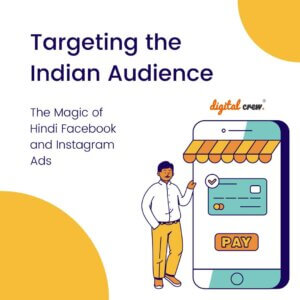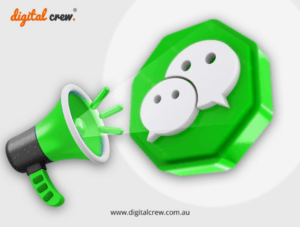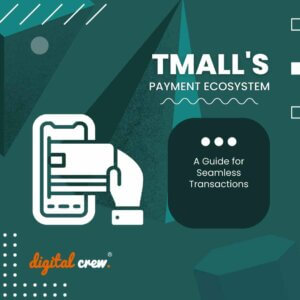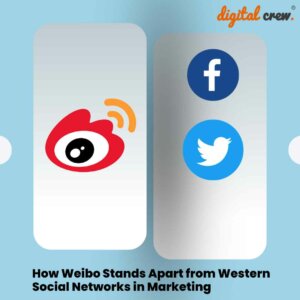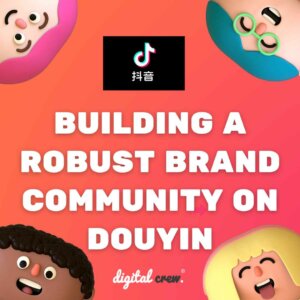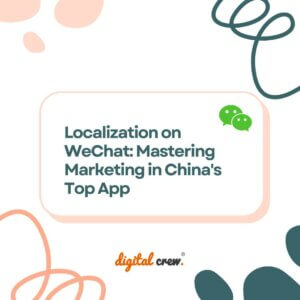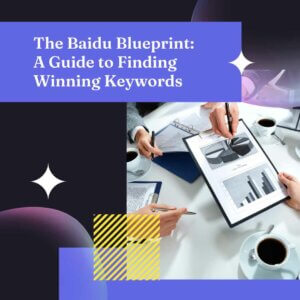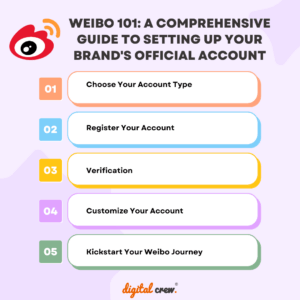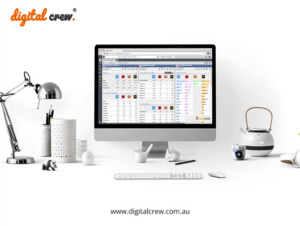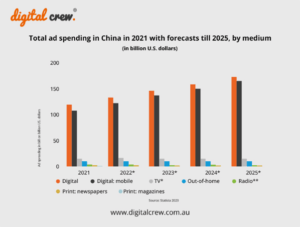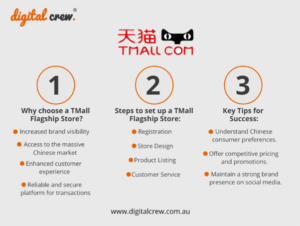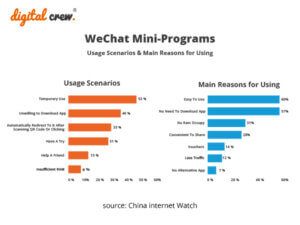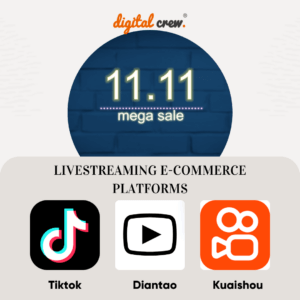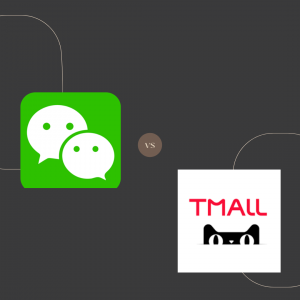Digital marketers in China should be very interested in Alibaba’s new Uni Marketing program – a suite of apps that gather and analyse data on its 450 million active users.
The suite of programs captures and analyses live data from across Alibaba’s platforms, and organises it into structures that brands can use to make real-time data-driven decisions. Once accessed, this data can be used by brands to make informed marketing decisions and to better-manage customer relationships.
In a statement, Alibaba said the Uni Marketing tools would help marketers address some of the challenges they face regarding targeting, communications, and ROI.
How it works
Alibaba uses Uni Marketing to track user behaviour from across its platforms including Taobao, Tmall, Youku and Koubei, through a unified ID. Brands using Alibaba’s e-commerce platform can then use this data to more accurately identify, target and retain customers, and to build and develop improved client relationships.
The customer data and insights are available from the Alibaba Data Center through the Brand Databank app on the Uni Marketing dashboard. There are also other tools, including Uni Strategy for segmenting users into groups, the Uni Communication ad-serving and communications tool, and Uni Operation for developing and delivering personalised content.
Using the apps
The suite of apps can be used to:
- Segment audiences and provide unique content and exclusive offers to appeal to specific groups.
- Identify repeat customers and offer exclusive membership deals and / or loyalty program options.
- Build and improve customer relationships through having a better idea of their needs, desires and behaviours.
- Develop more accurate overall targeting of potential and existing customers.
- Gain data insights that can assist in developing marketing campaigns outside of Alibaba, such as on WeChat and other social media channels.
As an example, sellers of consumable products might analyse the time at which a customer is likely to be running low on their product, and offer ‘2 for 1’ or other personalised deals once that date is approaching. Another example is where customers are segmented into groups and offered specialised video content according to interest.
Some industry commentators have called Uni Marketing a ‘game changer’ that digital marketers in China should pay serious heed to. Given the extent of online competition, and that consumers now tend to respond to more personalised and tailored marketing messages rather than one-size-fits-all, Uni Marketing may well be instrumental in transforming how e-commerce works in China.
If you would like to learn more about how Alibaba Uni Marketing works or how you can use it to improve your campaign results and better target customers, get in touch with our bilingual China digital marketing team.









